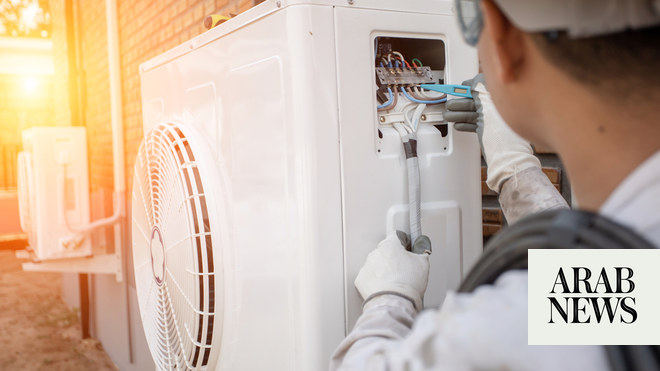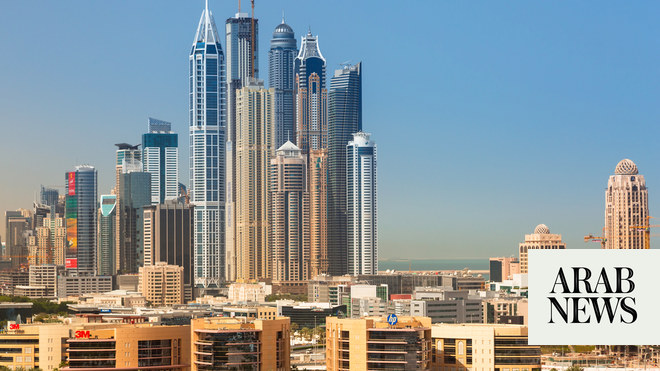
RIYADH: As the world looks to sustainable heating, global sales of heat pumps recorded double-digit growth of 11 percent in 2022, a trend seen for the second year in a row, driven by increased policy support and incentives.
The strong uptake comes as governments are making efforts to reduce greenhouse gas emissions.
Europe, for instance, had a record year in heat pump sales in 2022, with more than 40 percent growth over the previous year, according to the International Energy Agency.
In Europe, sales of air-to-water versions compatible with standard radiators and underfloor heating systems surged by more than 50 percent.
Meanwhile, pump purchases in the US surpassed those of gas furnaces.
However, despite a general economic slump, sales in China, the world"s largest heat pump market, remained stable.
To achieve all existing national energy and climate targets worldwide, IEA said heat pumps will need to provide roughly 20 percent of global heating needs in buildings by 2030. If new installations continue to increase at the same rate as they did over the last two years, the target is almost there, it added.
However, heat pumps cover approximately 10 percent globally of the heating needs in buildings today when employed as the primary heating technology. This equates to over 100 million households, implying that heat pumps now service one in every ten homes that require major heating.
Many more families, however, use heat pumps only for part of the winter or as a supplement to heating in locations where they are primarily used for cooling buildings, IEA’s report added.
If the world wants to attain net zero emissions by 2050, IEA said sales must increase by more than 15 percent annually this decade. Energy efficiency retrofits must also be accelerated to guarantee that new heat pumps installed in existing buildings are as efficient and not excessive as possible.
This will reduce consumers" upfront and operating expenses and lessen the strain on power systems, especially when combined with smart controls for flexible operation.
Heat pump installations continue to focus on new buildings and existing single-family houses. If strong growth is to continue, multistory housing buildings and commercial spaces must be prioritized.
The IEA believes global emissions will peak in 2025 as surging energy prices due to the Russian invasion of Ukraine propel investment in renewables.












